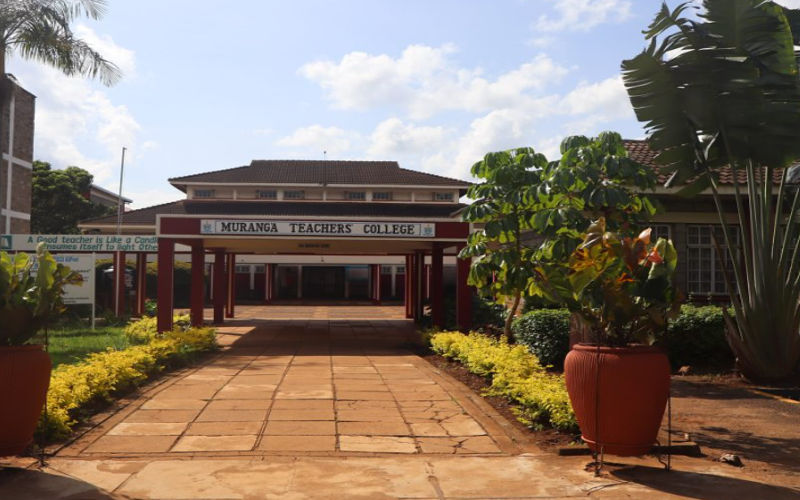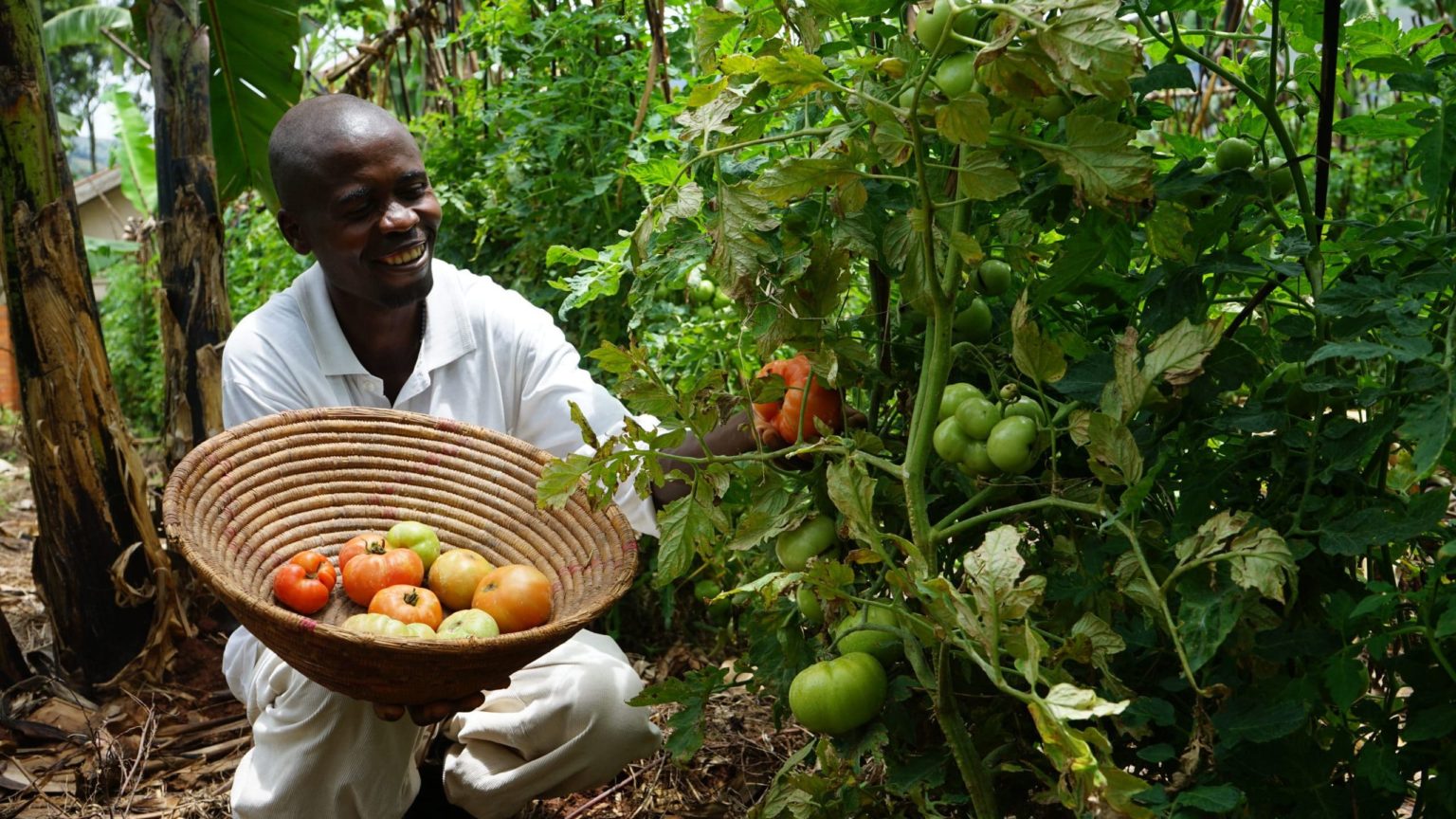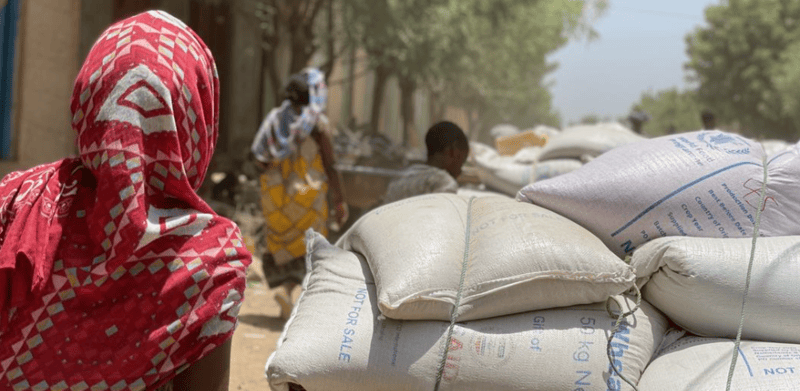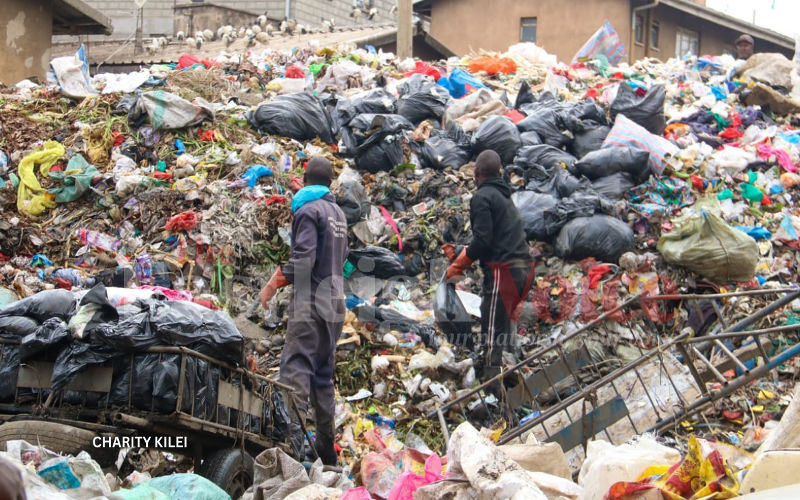Uganda unveils herbal remedies for cancer care, eyes clinical trials
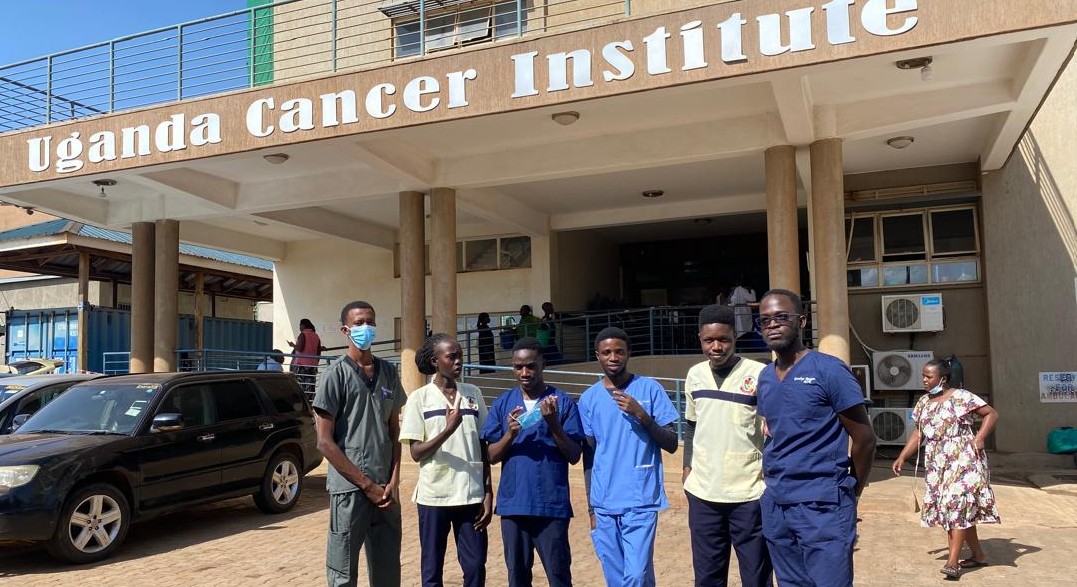
Although still under review, initial research shows promising results, and the institute plans to begin clinical trials, allowing patients to access the products under a formal study framework.
Uganda is exploring the use of herbal medicine in cancer treatment, with the Uganda Cancer Institute's Centre for Natural Therapeutics (CENAT) introducing seven plant-based products targeting cancer prevention, tumour reduction, wound healing and relief from treatment side effects.
Although still under review, initial research shows promising results, and the institute plans to begin clinical trials, allowing patients to access the products under a formal study framework.
More To Read
- Study shows physical exercise can greatly reduce cancer recurrence
- Why ginger and cloves deserve a daily spot in your kitchen
- Norwegian study shows women with more children have lower cancer risk
- Parliament moves to regulate, integrate herbal medicine under proposed KEMRI Bill
- Cancer now one of Kenya's leading killers, claiming 75 lives daily
- Left to suffer: A woman’s unrelenting battle with cancer, stigma
"The first product is called Prostanat, a tincture meant for chemo prevention and treatment of prostate cancer," Dr Boniface Adeka, the pharmacist who heads CENAT, said on Tuesday, according to the Monitor.
A tincture is a concentrated liquid extract made by soaking parts of a plant, such as the bark, berries, leaves, or roots, in alcohol or vinegar. This helps pull out the useful parts of the plant and turns them into a powerful herbal medicine.
"If a malignant process is starting, this tincture can arrest the formation of a cancer cell," said Adeka, adding that it is intended for men aged 45 and above, as well as patients in the very early stages of cancer, to help stop the disease from progressing.
Breast cancer
Other herbal remedies introduced by CENAT include Mamanat, formulated to prevent and treat breast cancer by shrinking tumours, an antibacterial ointment for cancer wounds and a specialised herbal mouthwash.
Also featured are Muconat, used to treat sores in the digestive tract caused by chemotherapy, and Laxanat, developed to relieve constipation linked to morphine use.
The herbal products aim to complement conventional methods but will not replace approved therapies.
"They have not yet been validated as a single treatment. However, some stage‑four patients who have exhausted curative options prefer them to additional chemotherapy. The products also carry antioxidant properties that improve quality of life," said laboratory scientist Babra Nakintu.
According to the World Health Organisation (WHO), more than 900,000 new cancer cases and over 580,000 deaths were recorded in the African region in 2022 alone, a clear sign that cancer remains one of the continent's most pressing health threats.
Cervical cancer is the leading cause of cancer-related deaths among women, accounting for over 22 per cent of all cancer fatalities, while breast cancer is the most commonly diagnosed.
Among men, prostate cancer remains the most prevalent.
Top Stories Today
Reader Comments
Trending








